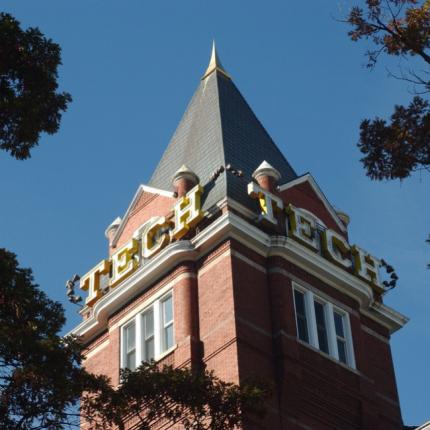Bioethics is the study of what is right or wrong in the life sciences, biomedical research, and health care, says Aaron Levine, a professor in Georgia Tech’s School of Public Policy. It helps us understand the nuance of these issues and move forward in a way that maximizes the benefits to society and minimizes the risk, he explains.
Levine has written books on cloning, teaches a course on stem cell science, policy, and ethics at Georgia Tech, and leads ethics and policy research for the National Science Foundation Engineering Research Center for Cell Manufacturing Technologies.
Learn more about the importance of bioethics in his two-minute lecture on the topic:
Transcript: What is Bioethics?
Levine: Bioethics is concerned with issues of morality: what is right or wrong in the context of the life sciences, biomedical research, and health care.
If you ask ten bioethicists, you’d get ten different answers to the question of which issues are most important. The reality is there is no shortage of pressing bioethics issues today. Questions of vaccine ethics, questions of countering dis- and misinformation in health care, questions of prioritizing global health in our rapidly changing world.
The answers to these questions are rarely easy. They are rarely yes or no. But ideally, bioethics helps us understand their nuances and move forward in a way that maximizes the benefits to society and reduces the chance of risk to individuals or to society more broadly.
Personally, I’m interested in questions of emerging therapies, particularly in the world of new, novel, personalized cell and gene therapies where we can harness people’s own cells to treat their medical conditions.
And these are absolutely life-saving for patients today, but at the same time, they’re immensely complicated and very expensive. So, I’m working with folks at Georgia Tech and elsewhere to think through how we can promote access and to make these therapies as accessible and effective for as many patients as possible.



